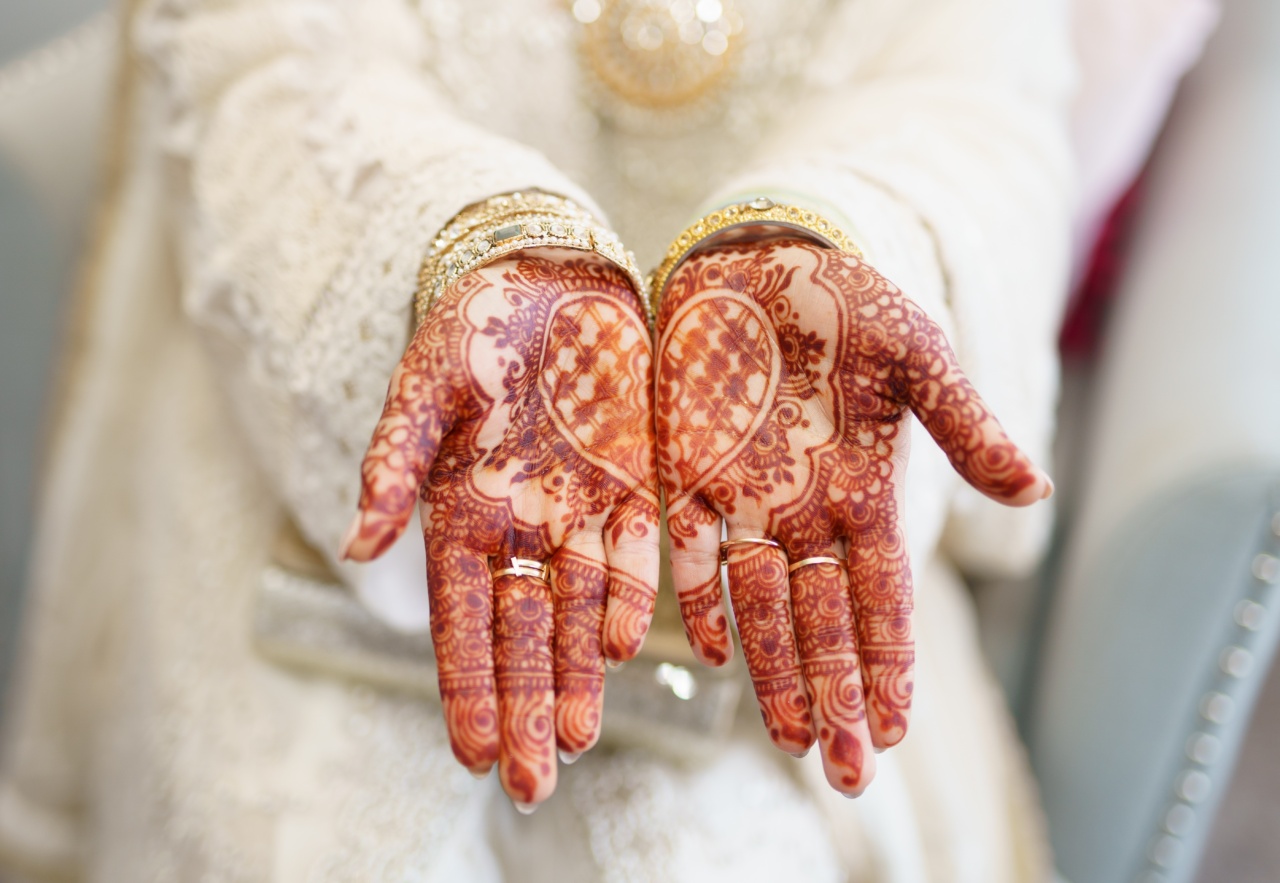Heart attacks, also known as myocardial infarctions (MI), are often associated with men. However, studies have revealed that heart disease is the leading cause of death among women worldwide.
Women may experience different symptoms compared to men when it comes to heart attacks. Recognizing the early signs of heart attack in women is crucial to receive prompt medical attention and prevent further damage. In this article, we will discuss the common early warning signs that women should be aware of.
1. Chest Pain or Discomfort
Although chest pain is a well-known symptom of a heart attack, it may present differently in women.
Women often describe the pain as a pressure, tightness, or burning sensation instead of intense and crushing pain typically associated with heart attacks in men. The discomfort may be felt in the center or left side of the chest and can also radiate to the arms, jaw, neck, or back.
2. Shortness of Breath
Shortness of breath or difficulty breathing is another common symptom seen in women experiencing a heart attack. It may occur before or during chest pain and may be accompanied by a feeling of heaviness in the chest.
Women may report feeling winded even during light physical activity or at rest.
3. Nausea, Vomiting, or Indigestion
Some women experiencing an impending heart attack may mistake their symptoms for indigestion or gastrointestinal issues. Nausea, vomiting, heartburn, or abdominal pain can occur during a heart attack.
It is important for women to be aware that these symptoms could indicate a heart problem and not dismiss them as mere digestive discomfort.
4. Fatigue and Weakness
Feeling unusually tired or fatigued, even with minimal exertion, is a symptom often seen in women before or during a heart attack. The exhaustion may persist for days or even weeks leading up to the event.
Some may also experience lightheadedness or dizziness along with a sensation of weakness in the arms or legs.
5. Cold Sweats
Women may experience episodes of cold sweats, similar to perspiration during a fever or intense physical activity, leading up to a heart attack.
These cold sweats are often accompanied by other symptoms like chest discomfort, shortness of breath, and fatigue. If these symptoms are new, sudden, or severe, it is important to seek immediate medical attention.
6. Sleep Disturbances
Researchers have found a link between certain sleep disturbances, such as insomnia or sleep apnea, and an increased risk of heart disease in women. Sleep disturbances can be both a risk factor and an early sign of a heart attack in women.
Paying attention to changes in sleep patterns and discussing them with a healthcare professional is important for early detection and prevention.
7. Anxiety or Uneasiness
Many women who have had a heart attack describe experiencing a feeling of anxiety or uneasiness in the days or weeks leading up to the event. Some may experience a sense of impending doom or a feeling that something is not right.
It is crucial to listen to these instincts and seek medical attention if these feelings arise.
8. Flu-Like Symptoms
Some women may experience flu-like symptoms, such as sweating, body aches, and fatigue, before or during a heart attack. These symptoms may be subtle and easily overlooked.
However, if they occur alongside other warning signs, it is essential to take them seriously and seek medical evaluation.
9. Jaw, Neck, or Back Pain
Pain or discomfort in the jaw, neck, or back can be an early warning sign of a heart attack in women. These symptoms may occur on their own or alongside other more typical symptoms, such as chest pain.
Women should be mindful of any unexplained or unusual pain in these areas and seek medical attention if necessary.
10. Intuition
Many women who have survived a heart attack mention a strong intuitive feeling that something was wrong. Intuition is a powerful tool that should not be underestimated.
If you have a gut feeling that something is not right with your health, it is important to trust your instincts and seek medical attention.
Early detection and treatment are vital in minimizing the damage caused by a heart attack. Understanding and recognizing the early warning signs specific to women can help ensure timely medical intervention.
Women should always prioritize their heart health and consult a healthcare professional if they experience any concerning symptoms. Remember, knowing the early signs of a heart attack could save your life.































